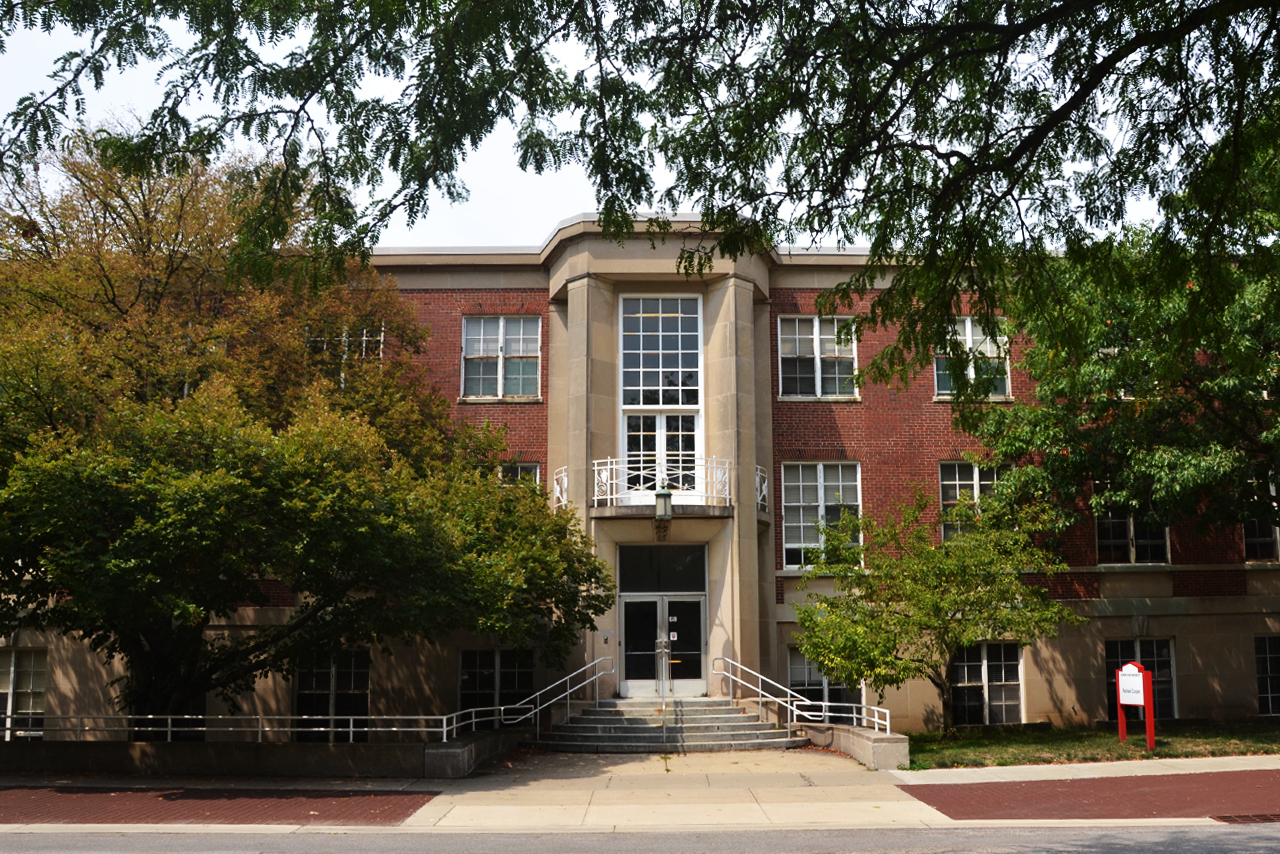Communication Sciences and Disorders Associate Professor Scott Seeman explores the microaggression experiences of those with hearing loss. Microaggressions are unintentional and sometimes intentional acts of discrimination against individuals in marginalized groups, such as those with a disability.
Seeman became interested in this topic due to having lifelong severe sensorineural hearing loss in both ears and through his clinical, professional, and research work with individuals with hearing loss. While learning about microaggressions related to race, gender and ethnicity he realized that he had similar experiences related to his hearing loss. Such microaggressions are acts of discrimination based on ability and are also known as ableism.
An example of this would be when a person with normal hearing says that they are surprised that a person with hearing loss communicates as well as they do or suggests that they too have trouble hearing. These comments appear well-intentioned but often have a negative impact. Microaggressions are known to be detrimental to one’s emotional, physical, and mental health. Significant hearing loss also has well-known psychosocial effects on the individual, including lower self-esteem, higher rates of depression, anxiety, number of sick days used at work, and lower earning potential. Some of these negative impacts are undoubtedly related to microaggression experiences they have had over the course of their lives.
Seeman is currently exploring this topic using a combination of two existing questionnaires designed to fully describe the microaggression (ableist) experiences of those with disabilities. Initially, this survey has targeted audiologists and audiology students with hearing loss. Not surprisingly there are a significant number of audiologists whose hearing loss inspired them to work in this profession. Currently, he is also recruiting non-audiologists with hearing loss.
Seeman plans to expand this study to include other populations with communication disorders such as individuals that stutter. His other research interests include listening effort and hearing loss. Although individuals with similar hearing loss may have similar speech perception, some individuals require more effort for successful communication. Seeman currently serves on the American Academy of Audiology, Diversity Equity and Inclusion Board, providing his hearing loss perspective.

